The views expressed in our content reflect individual perspectives and do not represent the authoritative views of the Baha'i Faith.
One morning in 1613, at breakfast, Cosimo de’ Medici and his mother, the Italian Grand Duchess Christina, began discussing the truth of Jupiter’s satellites. Benedetto Castelli, Galileo’s student, who was present, later asked Galileo to comment on the central point of that conversation: the conflict between the Bible and the heliocentric doctrine, the heretical idea that the Earth revolves around the Sun.
The reply, Galileo’s famous ’Letter to Grand Duchess Christina’, circulated widely in manuscript form at the time. In it, Galileo famously declared that the Bible teaches how to go to heaven, not how the heavens go. Galileo’s belief in the truth of the Copernican hypothesis alarmed some prominent Catholics at the time, and the Inquisition examined Galileo’s letter to Christina. Thus began Galileo’s trouble with the Catholic Church. (Starry Messenger)
Galileo’s story illustrates not only his significant contributions to the development of science and scientific discovery, but a common modern assumption about a fundamental incompatibility between science and religion. Reflections on this relationship fluctuate widely. Many people, and some religious leaders, still insist on scrupulous and literal fidelity to religious scripture in the Bible, Qur’an, etc. Other religions, including the Baha’i Faith, take a more science-friendly view, saying that:
Religion must conform to reason and be in accord with the conclusions of science. [Because] religion, reason and science are realities; therefore, these three [religion, science, and reason], being realities, must conform and be reconciled. A question or principle which is religious in its nature must be sanctioned by science. Science must declare it to be valid, and reason must confirm it in order that it may inspire confidence. – Abdu’l-Baha, The Promulgation of Universal Peace, p. 394.
The problems Galileo experienced in the 17th century would not be problems in today’s world, because the pendulum of popular truth has swung far from the climate of religious certitude in Galileo’s time.
If religious dogma used to be a menacing bully 400 years ago, it definitely has become less assertive in the light of so much information now. Today, science is sometimes credited with having revealed so much of the reality of the material world that there is no space left for the notion of a God. That is, so much of what used to be mysterious – the existence of humanity, the life-bearing perfection of earth, the workings of the universe – can now be explained by biology, astronomy, physics and other domains of science. And even though enormous cosmic mysteries remain, many people believe that science will ultimately arrive at a complete understanding of the universe that leaves no grounds for God whatsoever.
However, what does science have to say about abstraction, ethics, aesthetics, virtues, creativity, etc.? Why do we still ask ourselves why we’re here? Where do we come from? Do we have a purpose? Do we have intrinsic value? What happens after we die? In 1912, Abdu’l-Baha asked an audience in Minneapolis:
If you should ask a thousand persons, “What are the proofs of the reality of Divinity?” perhaps not one would be able to answer. If you should ask further, “What proofs have you regarding the essence of God?” “How do you explain inspiration and revelation?” “What are the evidences of conscious intelligence beyond the material universe?” “Can you suggest a plan and method for the betterment of human moralities?” “Can you clearly define and differentiate the world of nature and the world of Divinity?” — you would receive very little real knowledge and enlightenment upon these questions. – The Promulgation of Universal Peace, p. 326.
Abdu’l-Baha went on to discuss several reasons for this, including that the “development of the ideal virtues has been neglected.” People do not investigate such matters for themselves, Abdu’l-Baha pointed out; instead, they rely on the superstitions and traditions of the past to provide them with an understanding of spiritual concepts. The average American might have more to say about the weather than about the questions that Abdu’l-Baha posed.
So, maybe we should ask ourselves: what are our moral, ethical, spiritual, or religious beliefs? Where did these beliefs come from? What are the reasons or facts that buttress our beliefs? Is it important that our beliefs are supported by science? Do we feel that using science and the scientific method is an intelligent way to determine those things that can underpin one’s beliefs?
And what course should someone take who has concluded that most religion isn’t credible — yet who wishes to follow moral, ethical, even spiritual principles that are intelligent and reasonable?
This series of short essays presumes that most people hope to make their own decisions about divinity, God and revelation, and hope to make these choices in a reasonable and intelligent way in a manner that they can live with and explain to others. Therefore, we ask this question: what methods can help determine reality and truth; that can guide one’s search for meaning and purpose in their life; and establish integrity and a code of ethics that can provide satisfaction and abiding contentment?


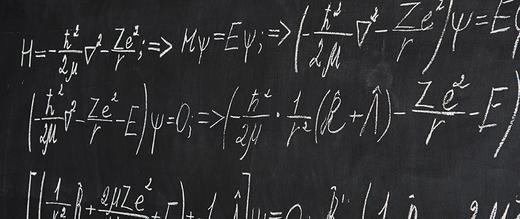

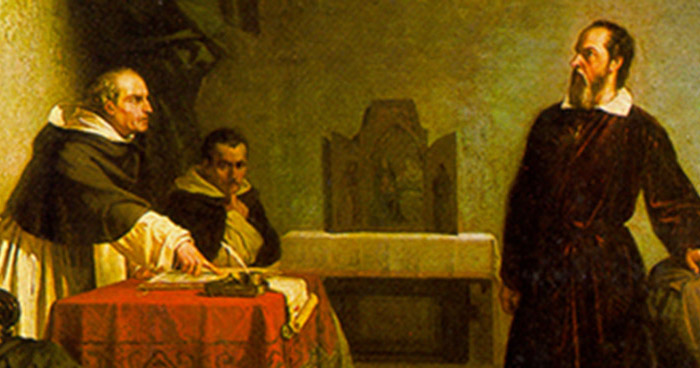
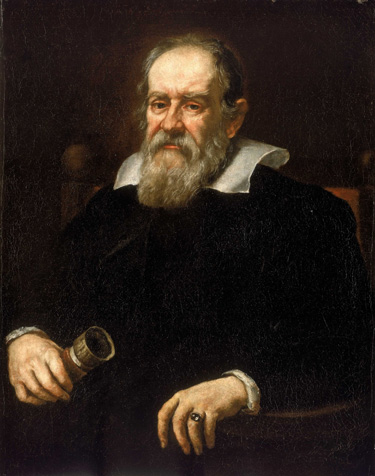
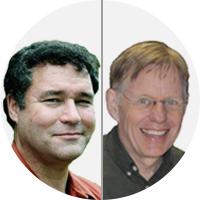
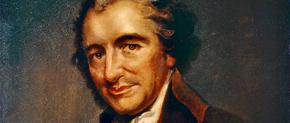

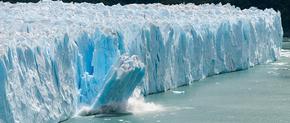
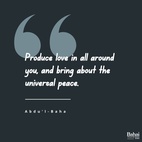
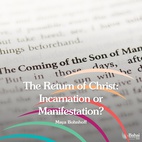

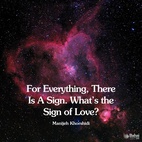


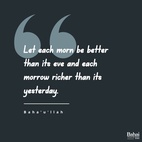


Comments
Sign in or create an account
Continue with Facebookor